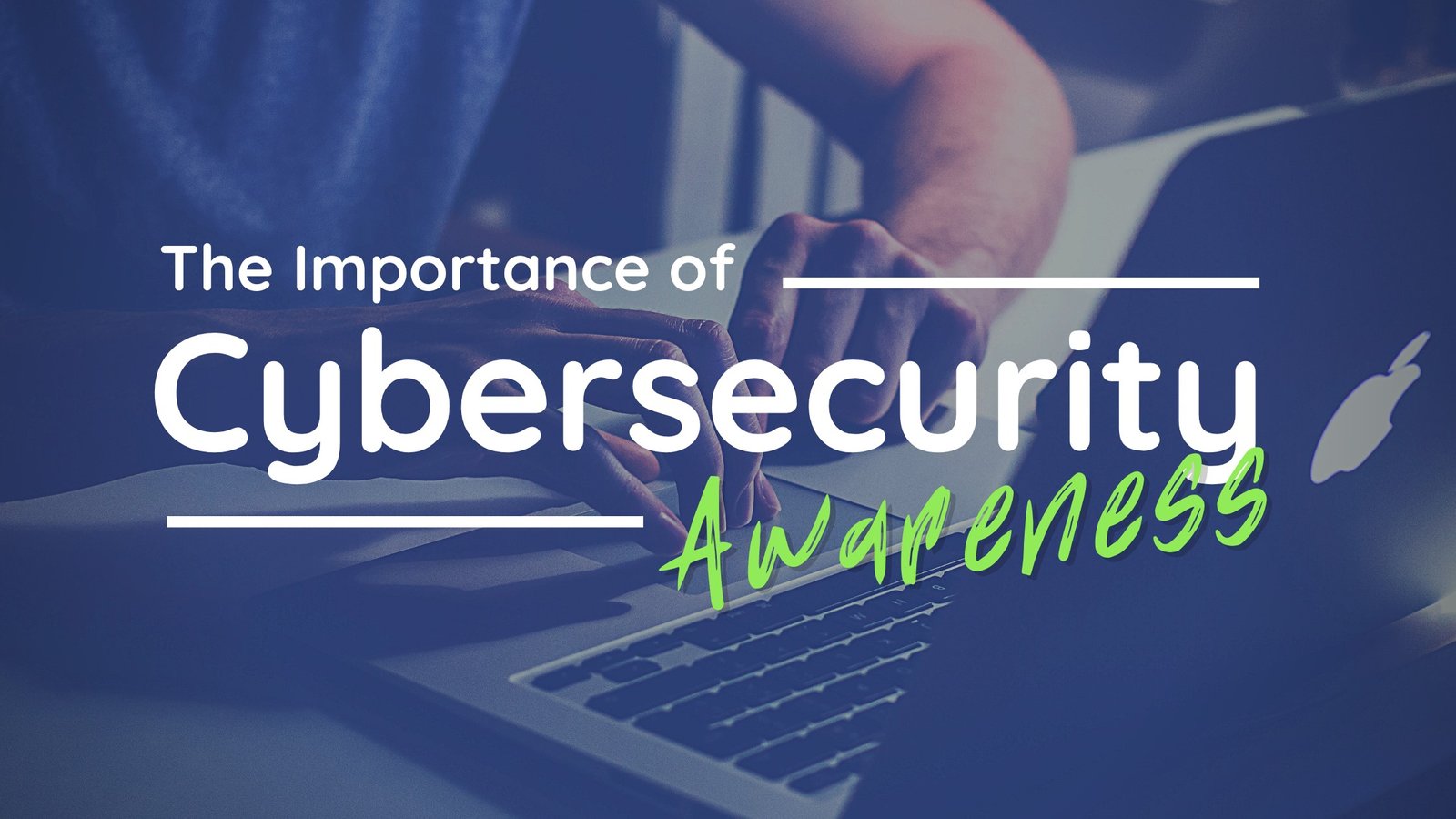Opinion
How Nigerian Govt Can Strengthen Public Awareness on Cybersecurity

By Adeyemi A. Adesola, CC, Security+
How can the Nigerian government strengthen public awareness on cybersecurity?
This question has become germane given that cybersecurity threats have increased dramatically amidst Nigeria’s efforts to embrace digital transformation.
Businesses and financial institutions are no longer the only entities concerned about cybercrime; individuals, educational institutions, governmental organisations, and the economy as a whole are all impacted.
Nigerians are more vulnerable than ever to ransomware attacks, identity theft, phishing scams, and financial fraud. Despite these risks, many people are still unaware of privacy and security measures, which make them vulnerable to digital exploitation.
The government must play a vital role in raising public awareness on cybersecurity. It must work towards advancing cybersecurity nationwide, even though individuals and corporations are primarily responsible for their own internet security.
Nigeria is witnessing an increase in cybercrime, with severe consequences. People lose their hard-earned money to scammers who take advantage of their lack of digital literacy every day.
READ ALSO: Securing the Future: Aligning Cybersecurity with Nigeria’s Digital Revolution
Companies experience data breaches that expose consumer information, while government agencies are subject to cyberattacks that jeopardise national security. Every year, cybercrime causes billions of naira in damages, but in addition to the financial impact, there is growing doubt over the reliability of digital infrastructure. Because they are afraid of fraud, many Nigerians are reluctant to fully embrace digital banking, e-commerce, and other online services.
This mistrust would continue to limit Nigeria’s digital development in the absence of robust public awareness and appropriate cybersecurity education.
Public Awareness on Cybersecurity is important because many Nigerians lack adequate understanding of cyber risks and safety measures. This makes it easy for malicious actors to target them through phone calls, phishing emails, text messages and so on.
READ ALSO: Digital Economy Ecosystem: EU Engages Private Sector Investors
These threat actors often pretend to be agents from banks or government organisations, and usually offer fraudulent investment schemes, ask for passwords, pins or OTP (One Time Passwords). Additionally, many social media users overshare personal information, which facilitates identity theft and account hacking by hackers. Only the government can adequately and extensively address this lack of understanding, which is a significant flaw in the nation’s cybersecurity structure.
The Nigerian government needs to be proactive in educating the general public about cybersecurity best practices in order to counter these threats. Nationwide public awareness on cybersecurity should be started utilising a variety of media, including radio, television, social media, and community service initiatives. Teaching people how to spot cyber threats, safeguard their personal data, and use digital services securely should be the main goals of these initiatives.
To guarantee that young Nigerians are raised with a strong awareness of online safety, educational institutions should also get engaged and cybersecurity education should be incorporated into the academic curriculum.
To further improve public cybersecurity education, government organizations must also collaborate closely with the commercial sector, which includes IT firms, banks, and businesses nationwide. Financial organisations have a responsibility of making sure that their customers are aware of digital threats since financial fraud and mobile banking scams are common components of cybercrimes.
Promoting cybersecurity awareness also requires stricter laws and enforcement. Nigeria has laws against cybercrime, but many crimes remain unreported because victims think there is little possibility of justice. The government must make sure that cybercriminals face effective prosecution and that laws are updated to address emerging risks.
To effectively handle digital crimes and investigate cyber fraud cases, a specialised cybersecurity task force should be established. This will help to deter perpetrators.
Additionally, data security needs to be given greater priority. Nigerians, whether they are interacting with private companies or government institutions, should be reassured that their personal information is safe. Enforcing strict data privacy laws is necessary, requiring businesses to safeguard client information and inform users of how their data is being used.
READ ALSO: Digital Economy Ecosystem: EU Engages Private Sector Investors
READ ALSO: Digital Literacy Goals: NITDA Lists Agencies That Must Partner
Many Nigerians are still ignorant about the methods used to gather, store, and exploit personal data, which leaves them vulnerable to identity theft and security breaches. Policies that demand increased openness from organisations and companies handling sensitive data must be put in place by the government.
There must also be emergency response systems in place for cyber incidents. A national cybersecurity hotline or reporting system should be developed so that Nigerians can quickly report cybercrimes and get advice on what to do if they are the victim of an attack. Many fraud victims don’t know where to turn for aid, so they either remain silent or seek help from unreliable sources.
As technology continues to advance, cybercriminals are constantly adjusting and coming up with new ways to take advantage of digital systems. A proactive approach to cybersecurity and continuous security awareness programmes are the only ways to stay ahead. To create a safer online environment for everyone, the Nigerian government must take the initiative in, not only creating public awareness on cybersecurity and educating the public generally, but also enforcing cyber laws, and working with businesses and private organisations.
-Adeyemi A. Adesola can be contacted via yemiadesola@gmail.com






















